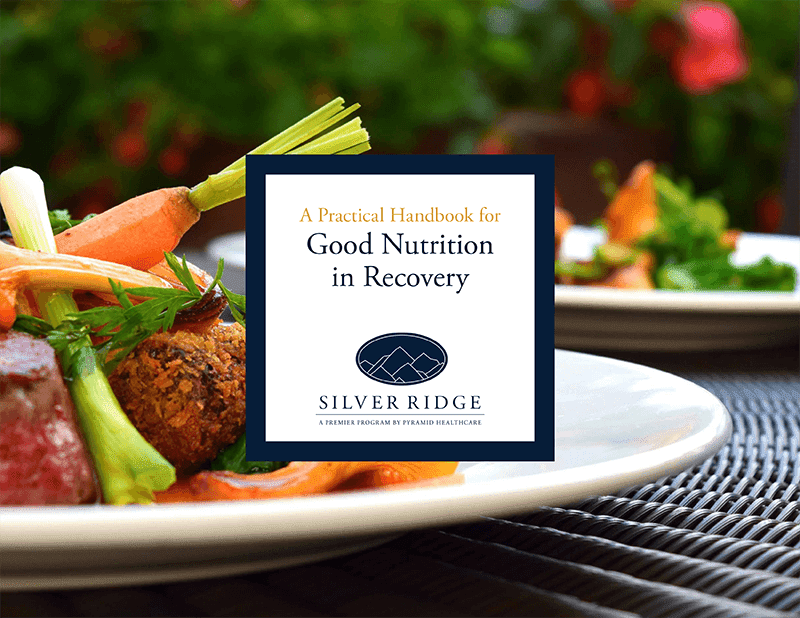Tips for a Midlife Career Change in Early Recovery

During addiction treatment, many people come to the realization that their former career simply isn’t conducive to recovery. In some cases, it’s the work environment that lends itself to temptation or to a lifestyle associated with drugs or alcohol. Some individuals may have worked at a job that caused such high stress that it led them to abuse alcohol or drugs as a coping mechanism. In some cases, returning to their former occupation may not be an option.
Whatever the reason, many people in recovery need to choose a new career. The following tips can help.
Don’t Dwell on the Past
If your former career has been somehow damaged, or if you regret the years you spent in a high-stress job, the best thing you can do as you continue to recover is to avoid dwelling on your former occupation. Dwelling on the past can lead you to feel regret, which, while natural, can be harmful as you learn to keep negative emotions in check.
Once you’ve decided to move to a new career, it’s far healthier for you to focus on making that change. Negative emotions can pave the road to relapse. If you find yourself feeling remorse about your former job or anxious about forging a new path, talk to your therapist or counselor about methods for focusing on the present.
Make a Plan
A positive way to stay focused on your future is to make an actionable plan for your new career. Starting a new career can feel daunting, but you might be surprised how much easier this change can be if you break it down into manageable pieces.
After you’ve settled on a new career path, you’ll need to form a plan to get there. You’ll tackle this plan one step at a time. On day one, maybe you’ll spend your morning investigating what the career’s requirements are. If you need training, certification or additional schooling, you’ll need to find where and how you can achieve those requirements.
Your plan is likely to have many steps, but when you tackle one part at a time, you can ensure you’re making progress and will soon find yourself ready to interview for positions.
Get Assistance If You Need It
You’ve learned in treatment that there is no shame in asking for help. If you feel overwhelmed at any point in your new career search or as you try to implement your plan, reach out to family members or friends for advice.
You can also use a career coach to help you investigate your career options or to help develop your plan for a new career. A career coach can help you assess your talents and identify what you actually enjoy about work, so you can make the best decision for your future.
Changing jobs midlife can be a rewarding experience that complements your recovery journey. It’s important to choose a career with your recovery in mind. A high-stress job could be a trigger for relapse. However, a job that plays to your strengths and likes is apt to enhance your long-term recovery.
Before you jump into a new career, take time to reflect on what types of work will have a positive impact on your psychological and physical health, and don’t be afraid to address this topic with your therapist or a career coach.









